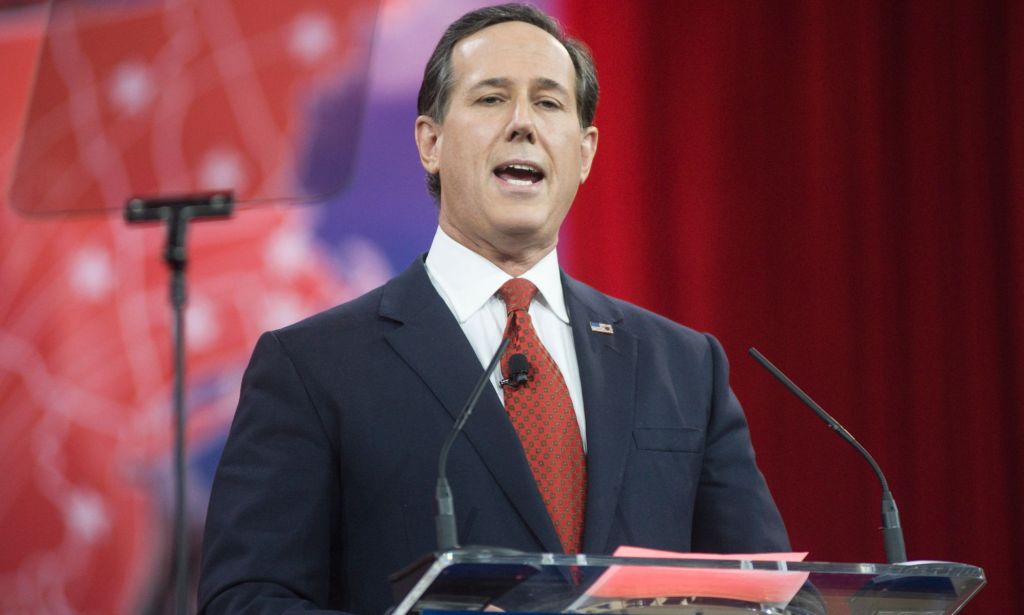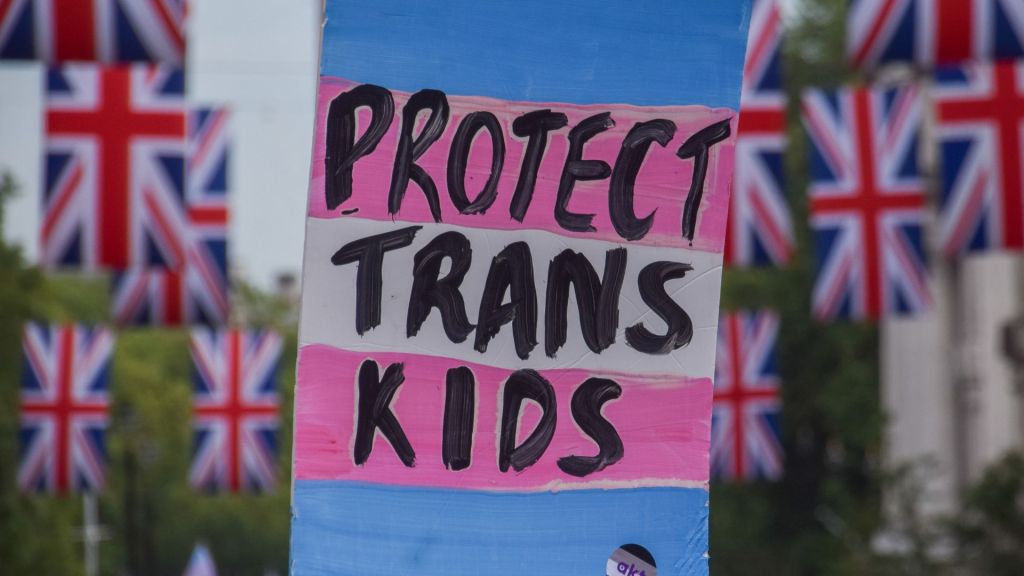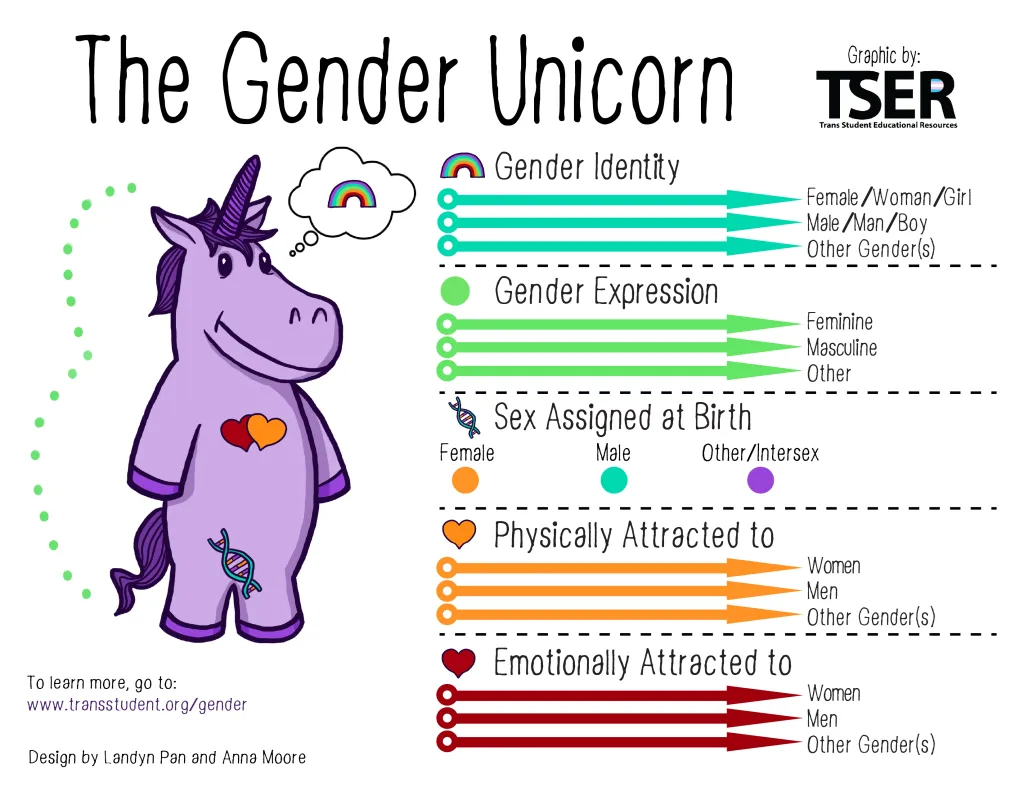Elon Musk debuts far-right, anti-trans clone of Wikipedia called “Grokipedia”
Elon Musk, CEO of the social media platform X, ex-Trump confidant, and founder of xAI, announced the launch of “Grokipedia” version 0.1 this week. The supposed competitor to the long-standing nonprofit website Wikipedia is AI-generated, and users have already flagged multiple pages that push far-right myths, including anti-LGBTQ+ disinformation.
“Wikipedia’s knowledge is – and always will be – human,” a spokesperson for the Wikimedia Foundation, which operates Wikipedia, told The Verge. “Through open collaboration and consensus, people from all backgrounds build a neutral, living record of human understanding – one that reflects our diversity and collective curiosity. This human-created knowledge is what AI companies rely on to generate content; even Grokipedia needs Wikipedia to exist.”
Grokipedia appears to be an evolution of xAI’s chatbot, Grok. The AI has reportedly responded with racist and incorrect answers before, sometimes praising Nazis. In some instances, it has called Musk the “top misinformation spreader,” called the president a notorious criminal, and was condemned by Musk after it accurately highlighted violence from MAGA supporters.
In instances when Grok has responded with views he dislikes, Musk has had the answers rewritten to “fix” them, for example, changing the “biggest threat to Western civilization” from “misinformation and disinformation” to “demographic collapse from sub-replacement fertility rates” (a claim that ties into Musk’s pro-eugenics views).
Originally announced in September, Musk touted Grokipedia as a “massive improvement over Wikipedia” and “a necessary step towards the xAI goal of understanding the Universe.” However, the claim that it is an improvement over Wikipedia has been called into question because many of Grokipedia’s pages appear to be copied and pasted from Wikipedia itself.
The Grokipedia page for “cake” is identical to Wikipedia’s own page, except for formatting. At the end of Grokipedia’s page, there is a disclaimer stating that “The content is adapted from Wikipedia, licensed under Creative Commons Attribution-ShareAlike 4.0 License.”
The pages where that Wikipedia disclaimer appears to be missing and where the most new content can be found are those related to Elon Musk, his businesses, and the political issues currently discussed. That might explain a post from last week in which Musk said they were delaying the Grokipedia v0.1 launch so they could “purge out the propaganda.”
Grokipedia’s page on “Transgender” includes a section titled “Human Sexual Dimorphism and Immutability,” which defines gender entirely through a body’s ability to create either sperm or eggs and by using oversimplified biology around XX and XY chromosomes. It also claims that these identities are immutable, leaving no room for the many forms of gender and sex diversity, including intersex people. Much of this is directly in line with the president’s executive order on gender, which claimed there were only two sexes.
Grokipedia’s “Transgender Health Care” page (which you are directed to if you search for “gender-affirming care”) includes a proliferation of debunked “rapid-onset gender dysphoria (ROGD)” theories, as well as inaccurate claims that trans identities often emerge “following social contagion,” which is “preceded by mental health deterioration in 57% of instances.” Pages on trans issues, including one pushing false claims around “detransition,” regularly cite statistics that are not supported by the studies they link to, or cite studies that use reasonable sample groups.
The page for the Stonewall Riots plays down the significance of the events at the Stonewall Inn that were pivotal to the LGBTQ+ civil rights movement. Meanwhile, it highlights the mafia’s ownership of the establishment in a way clearly intended to draw false connections: “The mafia’s exploitative role underscores that the venue was no bastion of community purity but a profit-driven enterprise amid broader criminal control of gay nightlife.”
Grokipedia also spreads disinformation about HIV, including a page entitled “HIV/AIDS skepticism” that says that there’s a “scientific critique” of the idea that HIV causes AIDS. Wikipedia’s equivalent page is entitled “HIV/AIDS denialism,” and it correctly states that it is a “belief, despite evidence to the contrary, that the human immunodeficiency virus (HIV) does not cause acquired immune deficiency syndrome (AIDS).”
In other instances, Grokipedia’s coverage of a topic tends to present issues in a light clearly intended to provide political bias. A page on the White House’s East Wing is keen to highlight support for the destruction and suggest that there has been no disruption caused by it.





